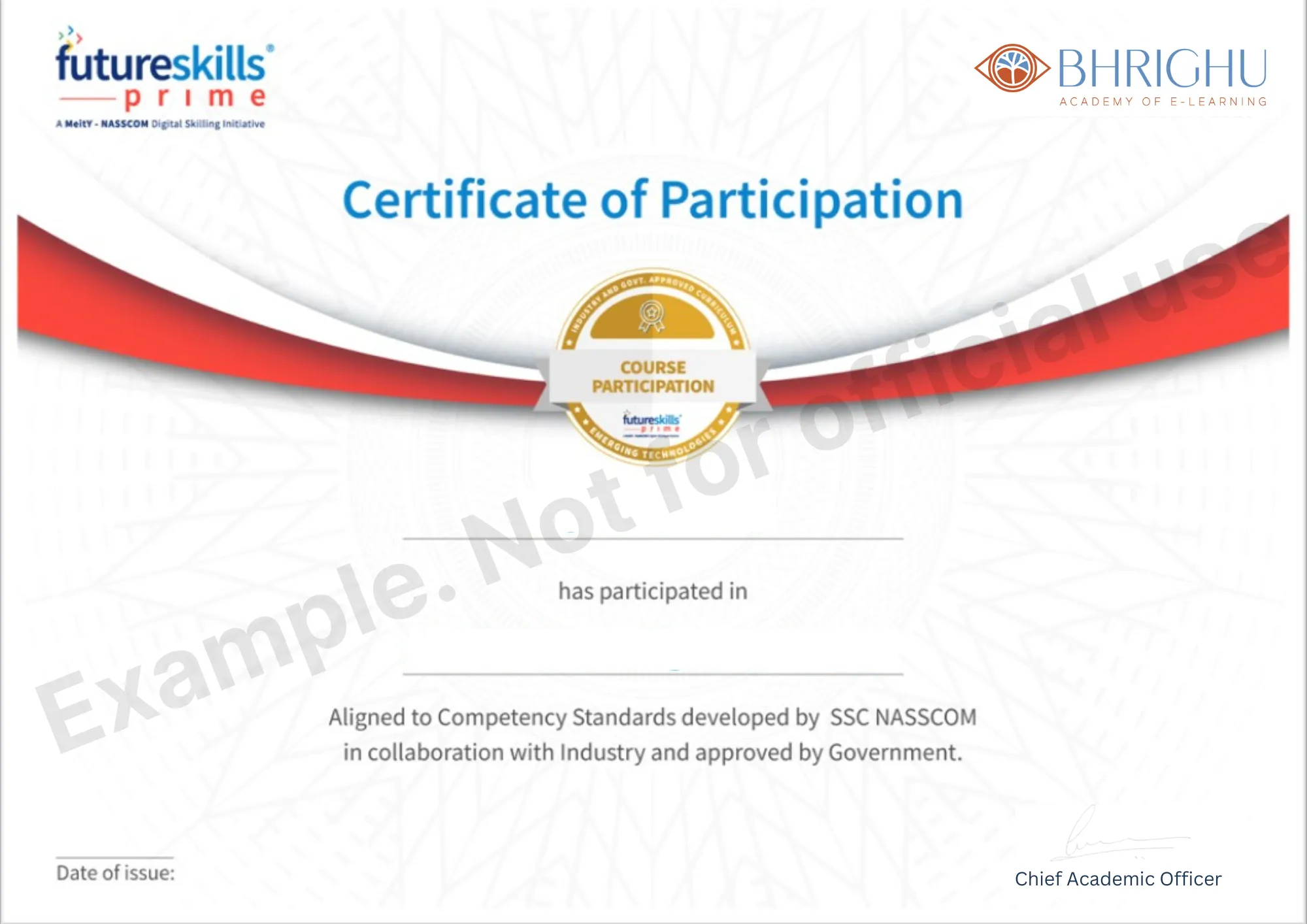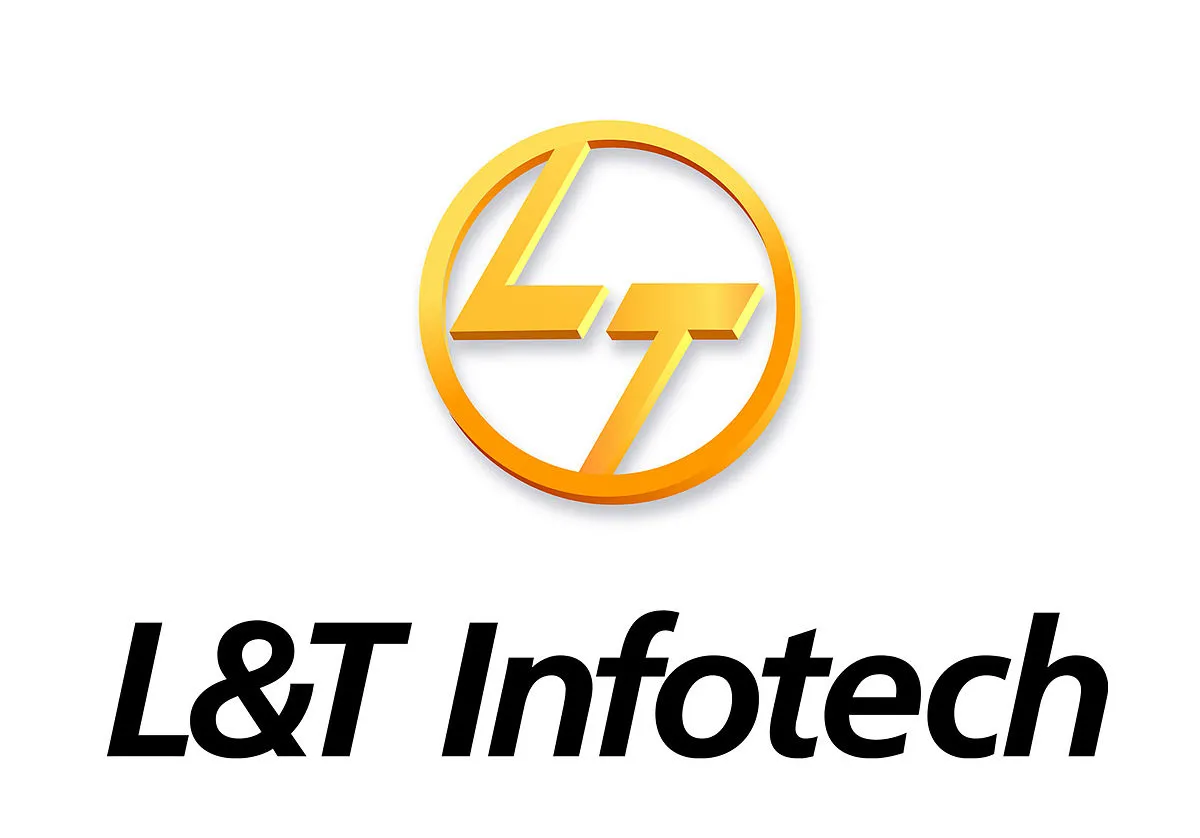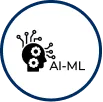Data Science Essentials
350+ hours of learning content
Content vetted by EY for practical skills
Opportunity to work on Live Industry
Test your skill level on NASSCOM Future Skills Prime
Automatic registration on NASSCOM Future Skills Job Portal
Co-Branded Certificate from Bhrighu & NASSCOM Future Skills Prime
Batches Starts From
On Campus
28th July 2025


Upskill for your Dream Job
Our Learners work in top Companies

About Data Science Essentials
The Data Science Essentials Program is a comprehensive training initiative designed to bridge the gap between academic learning and industry demands, facilitating a smooth transition from college to corporate for aspiring data professionals.
This program is meticulously crafted to equip learners with the core competencies required in the data science domain. The curriculum encompasses a wide range of topics, including statistics, data manipulation, machine learning, and data visualization, ensuring that participants gain a solid foundation in both theoretical knowledge and practical skills. By the end of the program, students are proficient in using key data science tools and technologies such as Python, R, SQL, and various machine learning libraries.
One of the standout features of the Data Science Essentials Program is its focus on hands-on learning to build competencies. Participants engage in numerous practical exercises and real-world projects that simulate industry scenarios, allowing them to apply their knowledge in a controlled environment. This practical approach not only reinforces the theoretical concepts learned but also enhances problem-solving skills and critical thinking. Additionally, students have the opportunity to work on capstone projects, which are often conducted in collaboration with industry partners, providing them with invaluable exposure to real-world challenges and solutions.
Objective of the Data Science Essentials program
Build a Strong Foundation in Data Science Concepts: Equip participants with a thorough understanding of key data science principles, including statistics, data manipulation, and machine learning. This foundation ensures they can analyze and interpret complex datasets effectively.
Develop Practical Data Analysis Skills: Engage students in hands-on projects and practical exercises to apply theoretical knowledge. This approach will make them ready for real-world challenges.
Master Data Visualization Techniques: Teach participants how to create compelling and informative visualizations using tools like Tableau and Matplotlib. Effective data visualization is crucial for communicating insights to stakeholders and making data-driven decisions.
Foster Understanding of Big Data Technologies: Introduce students to big data technologies such as Hadoop, Spark, and NoSQL databases. This knowledge is essential for managing and analyzing large-scale datasets prevalent in many industries today.
Ensure Ethical Data Practices and Data Privacy Awareness: Emphasize the importance of ethical considerations and data privacy in data science projects. Participants learn to handle data responsibly, ensuring compliance with legal standards and fostering trust in their analyses.
Enhance Problem-Solving and Critical Thinking Abilities: Foster analytical thinking by tackling real-world problems through capstone projects and case studies. This enhances their ability to devise data-driven solutions and make informed decisions.
Improve Soft Skills and Professional Readiness: Include training in communication, teamwork, and professional ethics to prepare participants for corporate environments. These skills are essential for effective collaboration and career advancement.
Provide Career Support and Networking Opportunities: Offer services like resume building, interview preparation, and networking events with industry professionals. These resources help participants transition smoothly into the workforce and connect with potential employers.
How our program works
Online + self-paced
Value Add by Live Virtual Doubt Clearing sessions
Mapped to NASSCOM Future Skills Prime requirements.
Learner gets NASSCOM FSP Certificate
Eligible for Government of India Incentive Scheme

Why Join Data Science Essentials program

Career Development Support
We are committed to not only educating but also ensuring the career success of our participants. For Educational Institutions who choose to partner with Bhrighu, the program includes extensive career development support, such as resume building, interview preparation, and networking opportunities with industry professionals. Our career services team will work closely with participants to tailor their job search strategy and connect them with potential employers. We offer internships and live industry projects to provide hands-on experience and facilitate real-world learning. Additionally, our strong industry partnerships often lead to direct recruitment opportunities for those who complete this program. To further ensure your confidence in our program, we guarantee a full refund if you do not secure a job within 10 months of completion. This comprehensive career support framework is designed to maximize employment prospects and career growth.

Hands-On Learning
Our program emphasizes practical, hands-on learning through numerous real-world projects and exercises. Participants engage in projects that mimic actual industry scenarios, enabling them to apply theoretical concepts in a practical setting. This experiential learning approach fosters critical problem-solving skills and allows students to build a robust portfolio of work. Capstone projects, often developed in collaboration with industry partners, provide invaluable exposure to real-world challenges and enhance employability. This practical focus ensures that participants who complete the program are not just knowledgeable, but also experienced and job-ready.

Flexible Learning Options
Understanding the varied schedules and commitments of our participants, we offer a self-paced online learning option to accommodate everyone. Our program allows you to learn at your own convenience, from any place, and on any device, ensuring that education fits seamlessly into your busy life. This flexibility ensures that more people can access our top-tier training and benefit from the program at their own pace. Our robust online learning platform provides a seamless and interactive educational experience, complete with recorded lectures, interactive modules, and a wealth of resources accessible anytime. This adaptability makes it easier for participants to balance their learning with personal and professional responsibilities, offering the ultimate convenience in education.

Comprehensive Curriculum
The Data Science Essentials Program offers a meticulously crafted curriculum that covers both foundation as well as advanced aspects of data science, ensuring a holistic learning experience. Participants gain a deep understanding of statistics, machine learning, deep learning, and big data technologies, among others. This comprehensive approach prepares students not only to understand but to master the essential tools and techniques required in the industry. Our program is continually updated to reflect the latest advancements and industry trends, ensuring relevance and cutting-edge knowledge. By the end of the program, graduates are equipped to tackle a wide range of data-driven challenges.

Expert Faculty and Mentorship
The Data Science Essentials Program boasts a team of experienced instructors and industry experts who provide top-tier education and mentorship. Our faculty members bring years of professional and academic experience, offering insights that bridge the gap between theory and practice. Personalized mentorship helps guide participants through complex topics and projects, ensuring a deep and thorough understanding. Regular guest lectures and workshops from industry leaders keep students abreast of the latest trends and innovations. This high level of instruction and support is critical to developing proficient and confident data scientists.
What Topics Will Be Covered During The Training
Curriculum
Instructed lead classes
-
Linear Algebra
Introduction to vectors and matrices, their properties, and operations.
Techniques like Singular Value Decomposition (SVD) and Eigenvalue decomposition.
Understanding linear mappings and their applications in data science.
Importance in Principal Component Analysis (PCA) and other dimensionality reduction techniques.
-
Statistics
Measures of central tendency, dispersion, and shape of data distributions.
Basic concepts of probability, conditional probability, and Bayes’ theorem.
Hypothesis testing, confidence intervals, and p-values.
Linear regression, multiple regression, and assumptions of regression models.
-
Machine Learning
Techniques like linear regression, logistic regression, and support vector machines.
Clustering methods like K-means and hierarchical clustering.
Metrics like accuracy, precision, recall, F1 score, and ROC-AUC.
Techniques for selecting, creating, and transforming features to improve model performance.
-
Deep Learning
Basics of neural networks, activation functions, and architectures.
Layers, operations, and applications in image processing.
Architectures, applications in sequence data, and LSTMs/GRUs.
Optimization techniques, loss functions, and regularization methods.
-
Python Programming
Syntax, data types, control structures, and functions.
Using libraries like NumPy and pandas for data analysis and manipulation.
Creating plots and charts using Matplotlib and Seaborn.
Leveraging SciPy for scientific and technical computing tasks.
-
R Programming
Syntax, data structures, and basic programming constructs.
Using DPLYR and TIDYR for data wrangling and cleaning.
Performing statistical tests and building regression models.
Creating graphs and plots using GGPLOT2.
-
Artificial Intelligence
History, types, and applications of AI.
Techniques like A*, minimax, and genetic algorithms.
Rule-based systems and their applications in AI.
Ethical considerations and societal impacts of AI technologies.
-
Tensorflow Keras
Basic concepts, architecture, and setting up the environment.
Creating neural network models using Keras high-level API.
Techniques for training models, monitoring performance, and tuning hyperparameters.
Exporting and deploying models for production use.
-
Prototyping
Iterative development, quick proof of concepts, and agile methodologies.
Tools and methods for creating visual representations of projects.
User testing and feedback integration for improving prototypes.
Refining prototypes based on testing and feedback cycles.
-
Image Processing
Techniques for image enhancement, noise reduction, and normalization.
Identifying and extracting key features from images using algorithms like SIFT and HOG.
Methods for segmenting images into meaningful parts and classifying objects.
Techniques like YOLO and Faster R-CNN for detecting objects within images.
-
NLP
Building and applying language models for text prediction and generation.
Identifying and classifying entities in text data.
Techniques for translating text from one language to another.
Converting spoken language into text using NLP techniques.
-
Speech Processing
Tokenization, stemming, lemmatization, and stop word removal.
Techniques like TF-IDF and word embeddings.
Building models for classifying text data into categories.
Techniques for analyzing the sentiment expressed in text data.
-
Tableau
Basics of the Tableau interface and key functionalities.
Connecting to and integrating various data sources.
Creating different types of charts, graphs, and dashboards.
Implementing calculations, parameters, and custom visuals for enhanced analytics.
-
Video Processing
Techniques for video enhancement, frame extraction, and normalization.
Methods for detecting and analyzing motion in video sequences.
Algorithms for tracking objects across frames, such as Kalman filter and mean-shift.
Techniques for classifying video content into different categories.
Tools You'll Master
Mastery of essential tools like Python, R, SQL, Jupyter Notebooks, Tableau, and Git/GitHub empowers data science enthusiasts to extract insights, create impactful visualizations, and collaborate effectively in diverse projects. Some of the tools that one will be able to master on completing the training will be
Python : Proficiency in Python programming language for data manipulation, analysis, and visualization using libraries like NumPy, Pandas, and Matplotlib.
R : Competence in R programming language for statistical analysis, data visualization, and machine learning with packages like dplyr, ggplot2, and caret.
SQL : Mastery in SQL (Structured Query Language) for querying and managing relational databases to extract, transform, and analyze data efficiently.
Jupyter Notebooks : Skill in using Jupyter Notebooks for interactive data exploration, analysis, and documentation, facilitating reproducible research and collaboration.
Tableau : Proficiency in Tableau for creating interactive and insightful data visualizations, dashboards, and reports to communicate findings effectively to stakeholders.
Git and GitHub : Competence in version control using Git and collaborative development on GitHub, enabling efficient code management and collaboration in data science projects.
Credentials offered for completing Data Science Essentials program
Participants will be issued Vouchers to attend NASSCOM FSP proctored assessment tests.
If you clear the Assessments and Tests for the Data Science Essentials program you stand to get Certificate issued by NASSCOM FASP which has National recognition.

Benefits
Industry-Recognized Certification
Enhanced Career Opportunities
Comprehensive Skill Development
Increased Marketability
Global Opportunities
Confidence and Competence
Other Benefits
Access to Cutting-Edge Tools and Resources
Access to Exclusive Job Boards
Lifelong Learning Community
Project-Based Learning
Career Flexibility
Mentorship from Experts
Data Science Essentials FAQs
Data Science Essentials FAQs




























